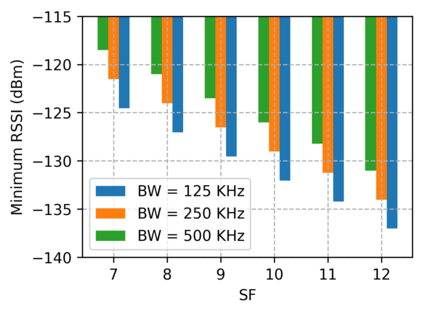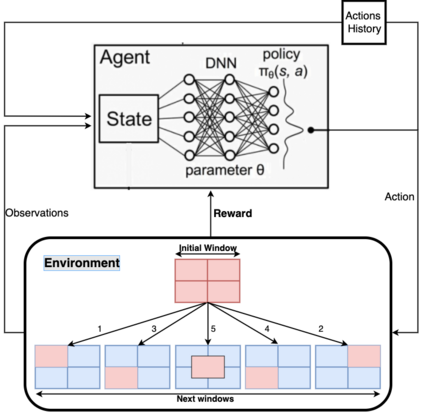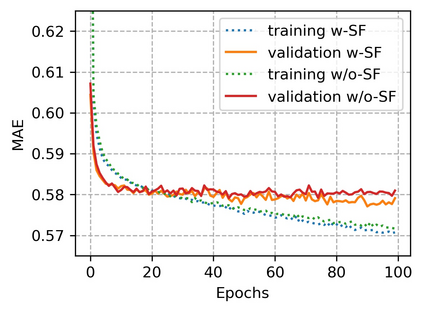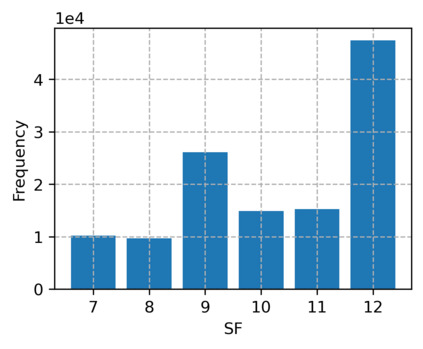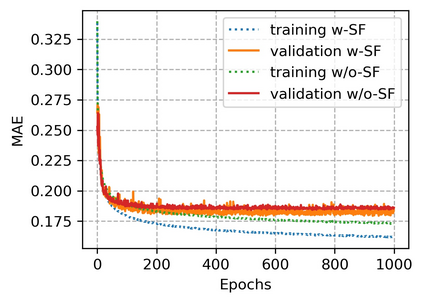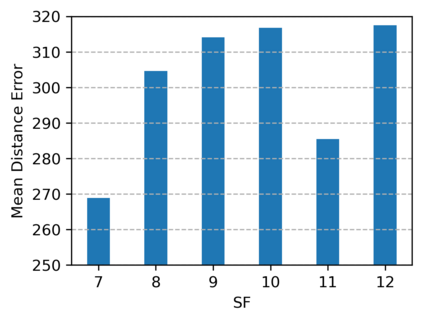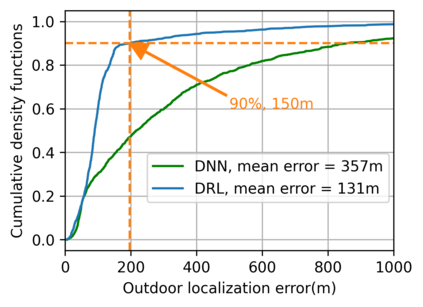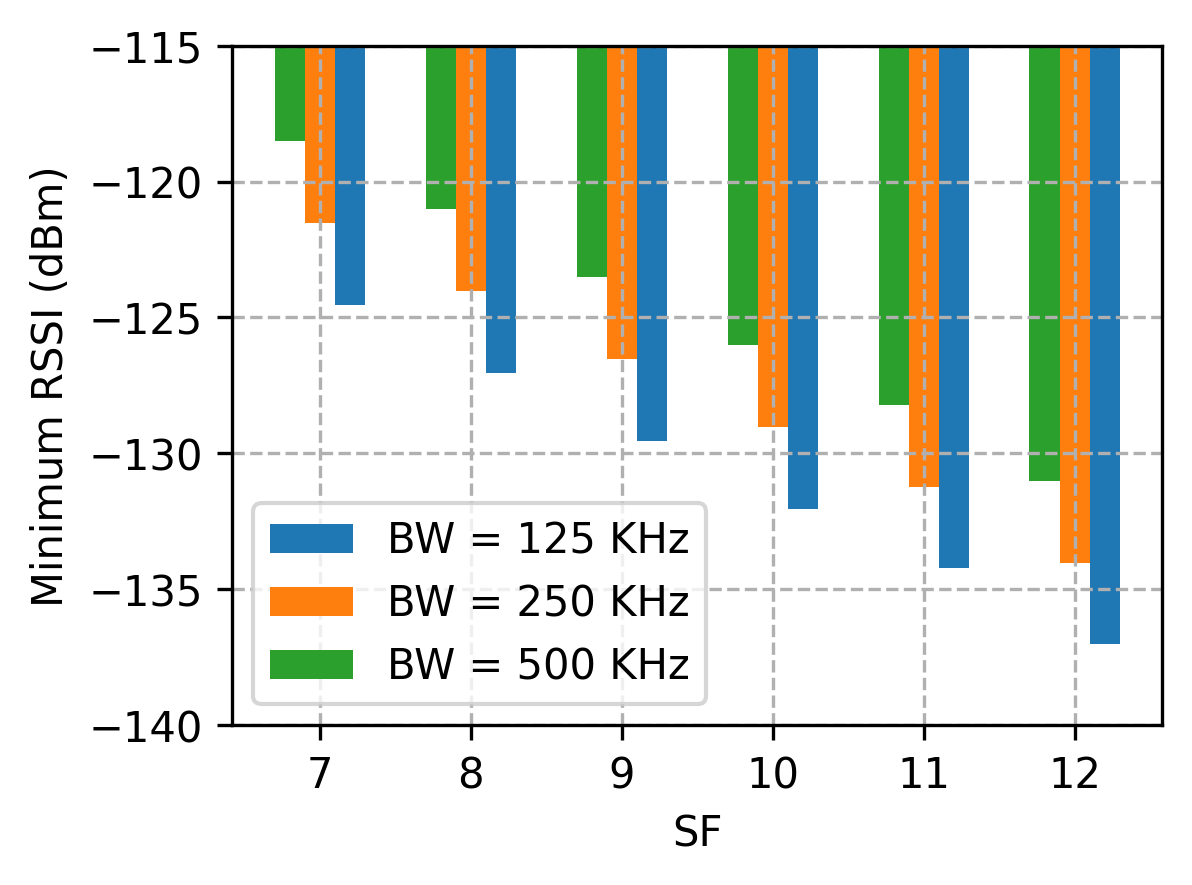Recent advancements in Internet of Things (IoT) technologies have resulted in a tightening of requirements from various applications including localization in LoRa networks. To address the growing demand for LoRaWAN-powered IoT location-based services, accurate localization solutions are more crucial than ever. As such, in this work, we develop an accurate deep neural network based localization framework over a LoRa network by proposing a novel approach that builds the network radio map with the combination of RSSI recordings and the spreading factors (SF) used by LoRa devices during the transmissions. Then, we validate our framework using a publicly available experimental dataset recorded in an urban LoRa network. The performance evaluation shows the prominence of adding the spreading factor as an additional fingerprint, since we can achieve, by our approach, an improvement in localization accuracy by up to 6.67% compared to the state-of-the-art methods which employ uniquely the RSSI fingerprints. Additionally, we provide an analysis of the impact of the SF on the localization performance which reveals that the localization accuracy relies on the SF used for position request. Finally, we propose a deep reinforcement learning based localization system to capture the ever-growing complexity of LoRa networks environment and cope with the scalability issue in LoRa enabled massive IoT, and the results show an improvement of 63.3% in terms of accuracy.
翻译:近来互联网“物”技术的进步导致各种应用,包括LoRa网络的本地化要求的紧缩。为了满足对LoRaWAN驱动的IoT定位服务日益增长的需求,准确的本地化解决方案比以往更加重要。因此,在这项工作中,我们为LoRa网络开发了精确的深神经网络定位框架,为此提出了一个新颖的方法,将网络无线电地图与RSSI的录音和LoRa设备在传输过程中使用的传播因素(SF)相结合,从而构建网络无线电地图。然后,我们使用在城市LoRa网络中记录的公开的实验数据集来验证我们的框架。绩效评估显示增加传播因素作为额外指纹的重要性,因为通过我们的方法,我们可以将本地化的准确性提高到6.67%,而最先进的方法则使用独特的SRSI指纹。此外,我们分析了SF对本地化绩效的影响,表明本地化的准确性取决于用于位置请求的SF。最后,我们提议在基于本地化的本地化网络中进行深入强化学习,并展示不断增长的复杂程度。

